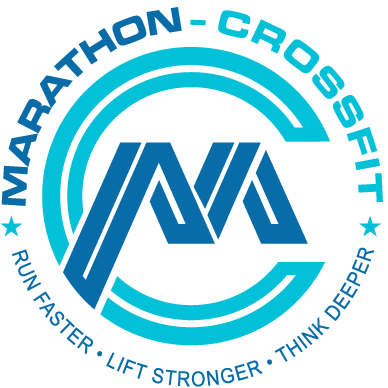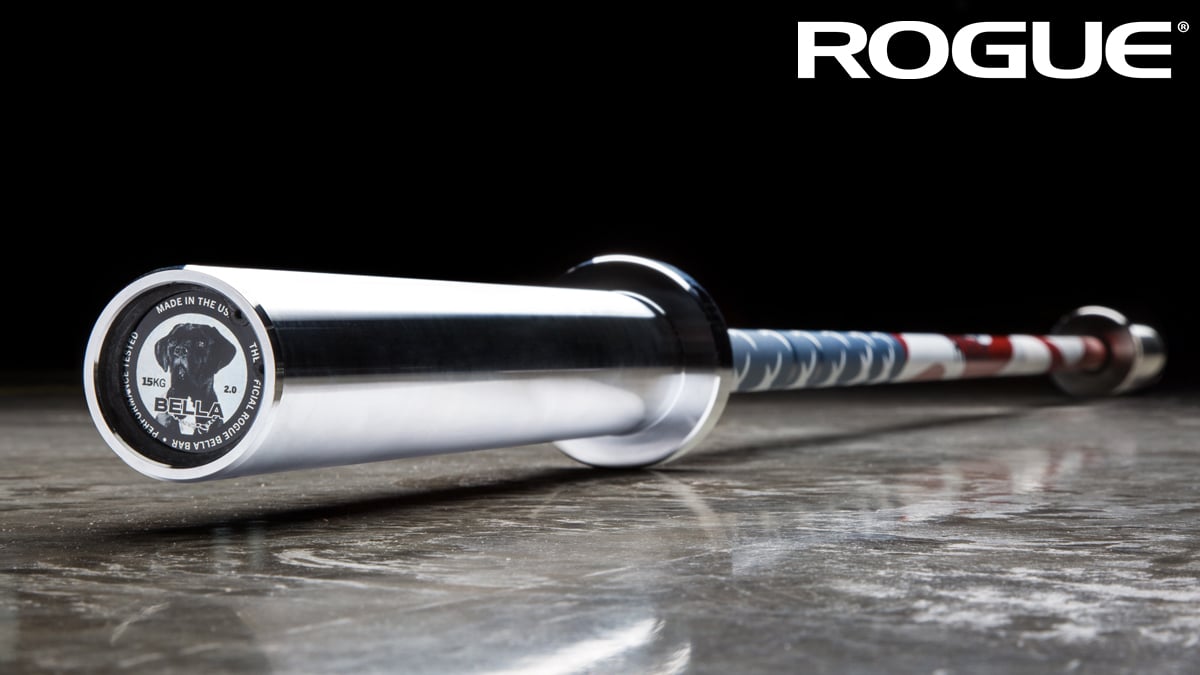What barbell should I buy
This is an overview of what barbell is potentially a good match for your needs.
Should you buy a barbell?
Before you go into which barbell you should buy is the question of whether you should buy a barbell at all. If you buy a barbell you will also need plates and possibly a rack to train at home. This will usually be an investment of $1000 upwards if the equipment is new.
For individual use unwound first look at the following questions:
-
How often do you train a week
-
How many of the exercises do involve a barbell
-
What are the space requirements
-
What about noise
-
How far is it to your gym
-
Are you going to stay at your current place
If you train less than three times a week and only a few of the exercises you do involve a barbell that is already a pointer that it ought to be not worth it. The same goes for if you only touch the barbell once a week and your local gym is right around the corner. $1000 can buy you a lot of membership today which is transferable within the same town, maybe even in the same country.
On the other end of the spectrum is the individual user who trains more than five times a week with a barbell. Your commute to your gym is more than 30 minutes one way. You have a lot of unused space and maybe even want to get the whole family involved as you are not going g anywhere soon. In this scenario, a home gym might even pay for itself in less than three months of your account for petrol, time, car usage and multiple family memberships. Not to mention that you are not tied to opening times and house rules anymore as you can make up your own.
The commercial buyer is different from the individual buyer. The questions this institution should be answering are:
-
Is the supplier capable of delivering in time
-
What is the cost per unit
-
What is the warranty policy
-
Is customer service loose (high margins in the product, no big debate on replacements/favors) or tight ( supplier operates on low margins any replacement/favor is a tough negotiation or no can’t do)
-
How will affect my brand/staff/athletes when I buy this product
-
Shipping costs
-
Tax
When you are buying fitness equipment commercially be aware of what you are letting yourself in for. A price difference of $50 can easily multiply out to $5000 price difference of multiplied over 100 units.
A shipment bit arriving in time can mean downtime for your business and lost revenue. Faulty equipment might be followed by a lawsuit.
So if you go low price, know why and what the implications are.
Which barbell should I buy
After you have decided that jack nag your own gym makes sense to you you can debate which barbell to get. Questions which will help along the way:
-
Do I mainly powerlift
-
Do I mainly weightlift
-
Am I mainly interested in bodybuilding
-
Are my interests balanced
-
Do I want a cool design
If you are mainly into powerlifting you will need a strong bar but not bearing on the barbell. There is little to no rotation on the bar during the deadlift, bench press and squat, therefore stick with bushing as this keeps down cost. A good example of a good powerlifting barbell would be the Rogue Ohio power bar.
If your main interest is weightlifting you will want to bear on your barbell. This makes the barbell and sleeves spin better for the snatch and clean and jerk. As this is more intricate higher-end material bars with bearing are usually higher in price than bushing.
If you buy for commercial purposes Go with a bearing barbell which is not IWF approved. The IWF is the international weightlifting federation that keeps a list of equipment which can be used for competitions that meet their standards. If you train a team of Olympians / future Olympians it will make sense to get IWF approved barbells to simulate competition as close as possible in training. The Rogue Pyrros bar would be one example.
If your main interest is bodybuilding you might not even need a barbell. Most bodybuilding exercises can be done with dumbbells to save time and space at home. You might want to consider loadable dumbbells.
If you run a gym with a major interest in bodybuilding try to keep it balanced between dumbbells, barbells, and machines. Bodybuilders usually like a variety of options based on which muscles they want to target.
If you want a balanced, high-quality barbell at a reasonable price the best option is probably the Rogue Ohio bar.
Barbells with a cool design usually come with Cerakote coating and a slight uplift in price.
Overall, for home use, invest a little more for yourself. You will use this barbell for a long time so go with buy once, cry once for good quality.
For commercial use think about how costs multiply out over different gyms and years. Be aware that every low-cost offer are either limited in supply or service and plan accordingly.
What barbell for home gym
my picks would be
depending on training style and preference
What barbell to use for deadlift
A normal barbell with bushing will do. There are specialty bars with more aggressive knurling and whip. As the deadlift is one of the least technical of the big lifts I wouldn’t worry too much. Your second barbell can be a deadlift or safety bar. I would go for the safety bar.
Summary
The Rogue Ohio bar covers all bases. If you are willing to spend more knuckle down on use case and design preferences to pick the right product from the upper range. Eleiko bars for $1000 apiece are for Olympians. 999 out of 1000 lifters won’t need them.
Commercial buyers should think hard of the implications on the cost to their business if the shipment gets delayed, replacements cost money (rather than warranty)and managing multiple vendors before always chasing the lowest price tag.


